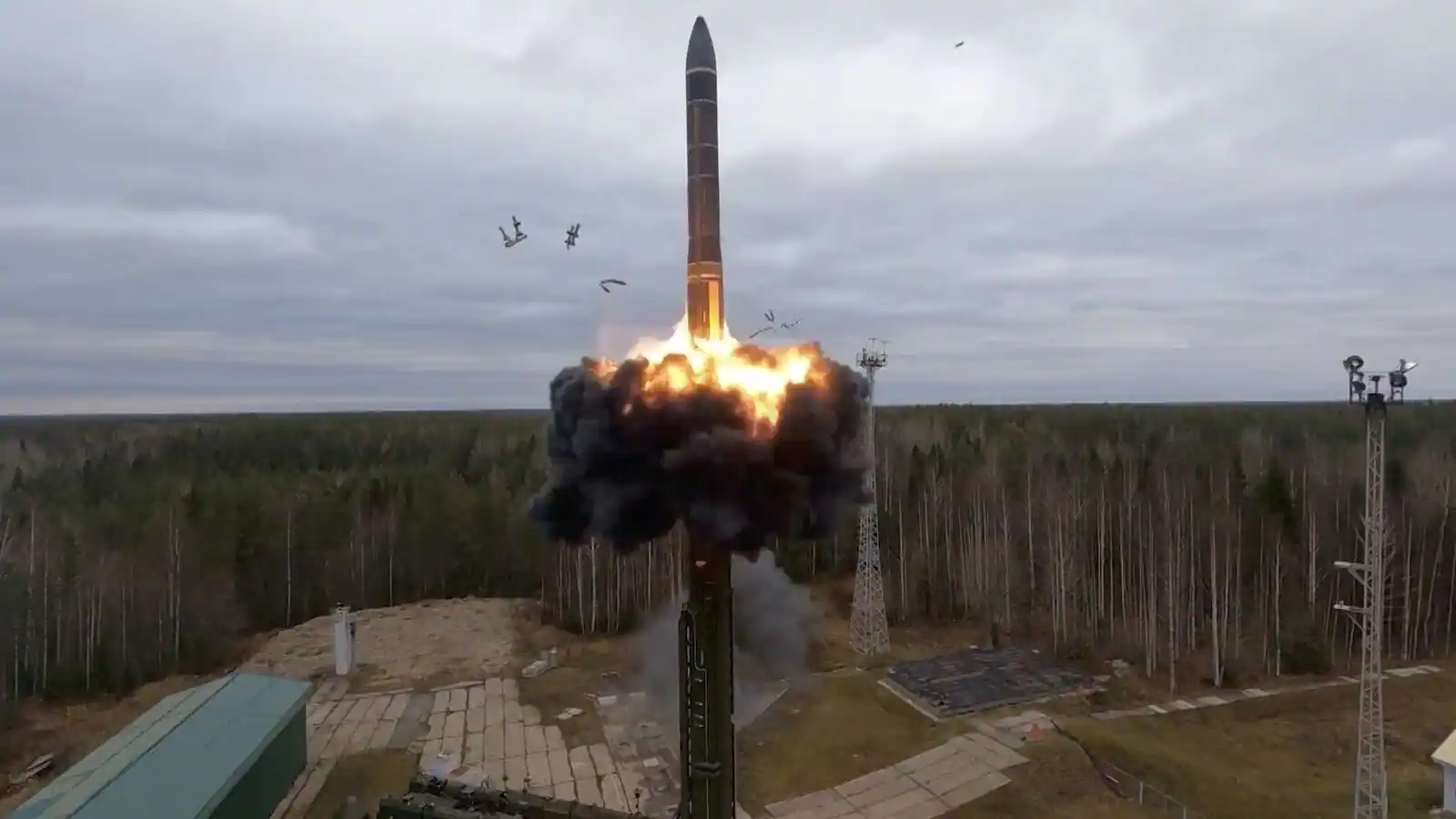London (Parliament Politics Magazine) – There is no practical capability that can be considered credible to fire down an oncoming intercontinental ballistic missile. No country actually has a capacity that can be considered credible in this regard. Although anti-ballistic missile technology does exist, the present state of technical advancement does not allow for the development of a system that is capable of protecting against even a limited assault by an intercontinental ballistic missile (ICBM). Let’s speak about can the uk stop a nuclear missile, shall we?
UK’s Nuclear Threat
The likelihood of a nuclear confrontation occurring is very low; yet, the extent, variety, and complexity of the dangers that the United Kingdom confronts are all on the rise. Because of this, it is imperative that we have the capability to discourage even the most severe forms of aggression directed against us and our NATO partners.
On the topic of nuclear disarmament, the United Kingdom has maintained a leadership and consistent attitude, while other governments have not followed suit. Some are dramatically expanding their nuclear capabilities while others are diversifying their arsenals. We have a responsibility to take the necessary steps to assure that they will never be able to use their nuclear weapons to threaten us, interfere with our ability to make decisions, or support nuclear terrorism.
That’s a lot cheaper than trying to keep up! No matter your tech, you won’t mess with UK until you can stop a nuclear missile. Pretty basic.
— Pa Taket (@NilsEriksson12) March 17, 2021
Threat by Russia
The expansion of Russia’s nuclear arsenal is used as an example of this trendd to help explain how some states are expanding their nuclear capabilities. The studies also compares Russia’s expanding arsenal to the systems held by the United Kingdom as well as fellow NATO nuclear weapons states France and the United States. This demonstrates that Russia is dramatically expanding the types of weapons it has that are capable of nuclear destruction.
This stands in stark contrast to the efforts that NATO governments who possess nuclear weapons have made since the end of the Cold War to both decrease their arsenals and keep them at relatively small levels. In addition to this, China is continuing to develop and broaden its nuclear capabilities.
Although it is possible that these dangers are not directly relevant to the lives that we lead on a day-to-day basis, the United Kingdom must maintain the capacity to defend itself and its NATO partners. If we were to give up our nuclear deterrent, it would place all of us in a more precarious position, since deterrence plays an essential part in maintaining public safety.
Can the uk stop a nuclear missile?
The perspective that has been held by successive UK administrations is that a minimum nuclear deterrent that is credible, independent, and stated to be used for the defense of NATO is important to the safety of both the United Kingdom and its NATO partners.
Since April 1969, the Royal Navy has maintained continuous at sea deterrence. At any one moment, at least one nuclear-armed ballistic missile submarine patrols the oceans undetected, standing by to react to the gravest dangers posed to the United Kingdom. The maintenance of peace, the averting of compulsion, and the discouraging of violence are their primary goals.
The most powerful, robust, and cost-effective platform on which to deploy our independent nuclear deterrent is this continuous at sea deterrent (CASD), which is an acronym for continuous at sea deterrent.
The United Kingdom maintains just the bare minimum amount of destructive capacity that is required to ensure that our nuclear deterrent continues to be credible and effective against the whole spectrum of nuclear threats posed by state actors. Our submarines that are now on patrol are ready to fire at a moment’s notice, and since 1994, we have not targeted any state with our missiles in any way.
UK’s Nuclear Defense
The Nuclear Nonproliferation Treaty recognizes the United Kingdom as one of the five nations that are permitted to possess nuclear weapons. Since 1969, it has had a constant deployment of nuclear weapons at sea, and it is now in possession of four ballistic missile submarines. In the 1950s, the United Kingdom gave up its efforts to develop chemical and biological weapons.
According to various sources, the United Kingdom does not possess the technology necessary to intercept and destroy incoming ballistic missiles from Russia. “Since the early stages of the Cold War, the UK has effectively relied on deterrence because defense (either active missile defenses or passive civil defense) are enormously expensive and, in some cases, unworkable.
Read More: 4 Amazing Things to do in Chinatown London
Conclusion
Can the uk stop a nuclear missile? It is an issue that engineers have been pondering for decades, and despite the significant advancements that have been made in physics, computers, and artificial intelligence in the last 40 years, the engineering challenge of missile interception has not yet been addressed.

